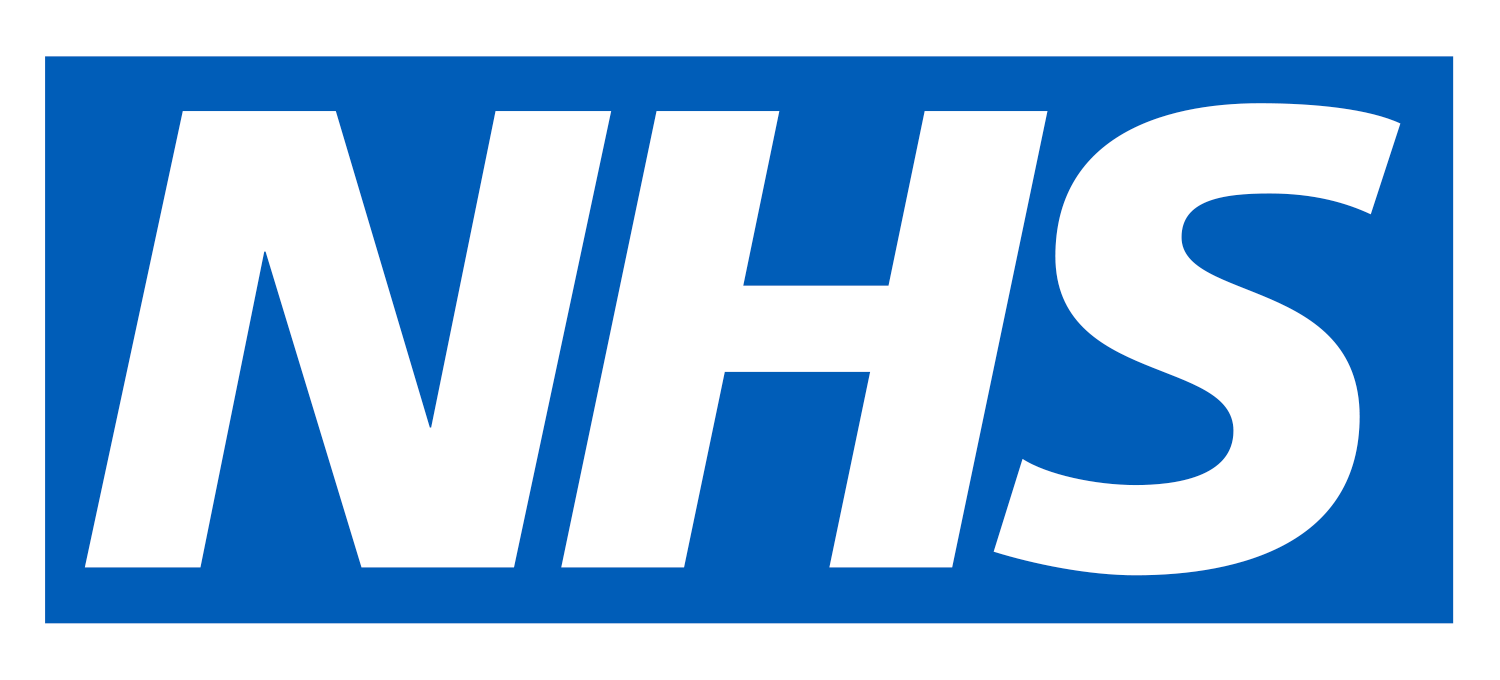Free Addiction Treatment
If you or a loved one are considering addiction treatment, but you are concerned about costs, you can pursue free addiction treatment services in the UK.
In the following guide, we look at the options for free addiction therapy and the process in getting support from NHS services, charities and support groups.

Finding an NHS Services
The NHS is a great resource if you are looking for free or low-cost addiction treatment services. For both alcohol addiction and drug addiction, the NHS can assist in finding local and government funded facilities for therapy. Free services are most beneficial when the costs of private or inpatient programmes are not feasible. When you approach the NHS, you may be required to attend a community based service.
One of the easiest ways to find free NHS services is by visiting the NHS website. Here you will find a directory for alcohol addiction and drug addiction services that you can search for by location. You can also explore the Talk to Frank Directory which is a website to help you find the relevant support in your area.
The Role of Your GP
According to the NHS, referral by a GP can assist in placement into a relevant detox and addiction rehabilitation programme. A GP also plays an important role in assessing individual addiction and overall physical well-being. GP’s will use a screening tool to determine the presence and severity of addiction. Based on the assessment they will create a referral for the NHS or community based programme.
A GP can also assist in overseeing detox at home based on the assessment and the addiction. A GP may prescribe detox medication to reduce withdrawal symptoms during your detox.

Does the NHS Provide Residential Programmes?
For those who require a professional or medically supported service for a safe detox and the management of withdrawal symptoms, the NHS may offer short stays in approved detox units.
The NHS however, does not operate residential facilities. In exceptional circumstances, the NHS may fund your treatment at one of the many private treatment centres throughout the UK.
Receiving NHS funding for residential detox and rehab programmes is rare, and is typically only provided to those with severe alcohol or drug dependencies. Furthermore, the process is lengthy and can take months before a final decision is made. Even then, there are no guarantees that you or someone you love will be accepted.

Charity Based Addiction Support
Another way to find free addiction treatment in your area is by contacting charity based addiction support. Unlike the NHS where a GP referral or proof of community programme participation may be required, charity organisations are available locally and online.
In the UK there are a number of charity based programmes, some of these include:
A charity addiction support is not a rehab, detox, or long-term therapy. It is a support service for alcohol addiction and drug addiction. You can contact your nearest charity service to find the help you need and to receive mental health support for yourself or for someone you care about.
You won’t have to pay for charity based programmes but instead you will be connected to a service depending on where you live. As millions of people of all ages and backgrounds are affected by addiction with many unable to afford private rehab, the services provided by charitable organisations can make a positive difference through education and support (Healthline).
Support Groups
Many types of support groups are freely available for those who are working towards recovery. Peer support groups provide non-clinical and emotional support for those who are going through similar circumstances (NCBI). The power of making connections and feeling validated through a support group remain important aspects of motivation and hopefulness in recovery. Let’s take a look at the different types of support groups available.
Alcoholics Anonymous (AA)
AA provides education, personalised, and emotional support for its members. Individuals will attend scheduled meetings in which past and present experiences are discussed. Members will also explore struggles with remaining sober and the steps they’ve taken to achieve sobriety.
Narcotics Anonymous (NA)
NA is a non-profit organisation that was started to help individuals battling drug addiction. All persons of any age and background are welcome to join NA programmes provided they are motivated to quit using. Individuals will attend meetings that focus on addiction as a disease rather than rehabilitation from specific drugs.
Cocaine Anonymous (CA)
CA is based on the 12 Step programme that AA was founded on. It involves a fellowship of individuals who are all focused on achieving the same goal and that is recovery without relapse. The social support service is considered an effective option for those who are in the process of recovery.
SMART Recovery
Self-Management and Recovery Training (SMART) is a support service for those struggling with addiction and behavioural disorders. The programme educates members on managing their addiction by identifying the thoughts and emotions that serve as triggers. Individuals are taught how to curb cravings and the need to partake in addictive behaviours or harmful patterns.
The Limitations of Free Services
The purpose of free addiction treatment is to help those struggling who cannot cover the high cost of private care, or who do not have access to healthcare insurance. If you are interested in pursuing free addiction treatment, it is important to understand the potential limitations of these services.
A free programme is widely available through charitable organisations and the NHS. Although most of these services are free or low cost, it can be difficult to enter into a residential detox or rehabilitation.
The NHS offers detox and therapy services; however, a professional assessment is performed, and most applicants are placed on a waiting list. Waiting lists can take weeks before applications are considered. Delayed treatment can lead to someone changing their mind about receiving therapy, or leaving themselves at risk of further difficulties with their health.
Free addiction treatment also means that certain types of services and amenities may not be available. You will receive basic care. The means the number of patients per therapist is also greater than private services, which provide more tailored treatment plans for your needs.
If you or someone you love is in desperate need of help and support, such as a medically assisted detox or residential programme to get away from triggers, a private rehab is by far the better option.
